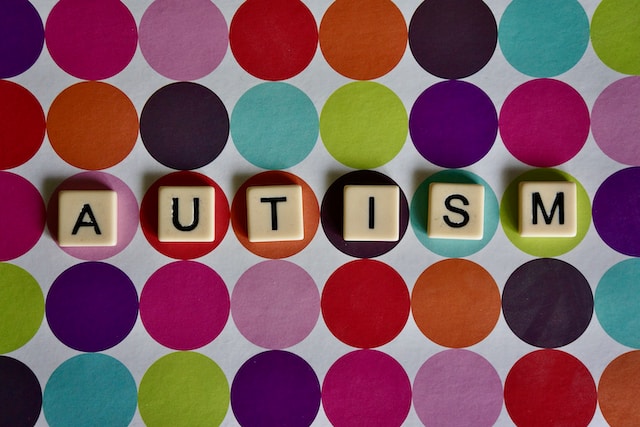The Vital Role of Exercise for Autism
Posted on October 23rd, 2023 by Andries Lodder
By Marco Mons
Autism Spectrum Disorder (ASD) is a neurodevelopmental condition that affects communication, social interaction, and behavior. While there is no cure for autism, various therapies and interventions can significantly improve the quality of life for individuals with ASD. One often underestimated but essential component of a holistic approach to autism management is regular exercise. This article explores the importance of exercise for people with autism and its positive impact on physical and emotional well-being.
Physical Health Benefits
Regular exercise offers numerous physical health benefits for individuals with ASD. It helps improve cardiovascular health, strengthen muscles, and enhance overall physical fitness. Engaging in physical activities such as strength training, running, swimming, or playing sports can help individuals with autism maintain a healthy weight, which is essential for reducing the risk of obesity-related health issues.
Sensory Integration
Many individuals with autism experience sensory processing challenges. Exercise can play a crucial role in sensory integration by providing opportunities for sensory input and output. Activities like swinging, jumping on a trampoline, or using sensory-friendly exercise equipment can help individuals with autism regulate their sensory systems, reducing sensory overload and promoting a sense of calm.
Emotional Well-Being
Exercise has a positive impact on emotional well-being, and this is especially important for individuals with autism who may struggle with anxiety and mood disorders. Physical activity releases endorphins, which can help reduce stress and improve mood. Additionally, exercise provides a structured routine and can serve as a coping mechanism for managing anxiety and emotional challenges.
Social Interaction
Participating in group exercise activities, such as team sports or group fitness classes, can provide opportunities for individuals with autism to develop social skills and connect with peers who share similar interests. It can be a natural way to practice communication, cooperation, and teamwork.
In conclusion, exercise is a valuable tool in promoting the physical and emotional well-being of individuals with autism. It offers a range of benefits, including improved physical health, sensory integration, emotional well-being, and opportunities for social interaction. As part of a comprehensive autism management plan, regular exercise can contribute significantly to enhancing the overall quality of life for individuals on the autism spectrum. Encouraging and facilitating physical activity tailored to each individual’s needs and preferences should be a priority in the care and support of individuals with autism.
Please feel free to contact us on social media or on our website.
Tweet

